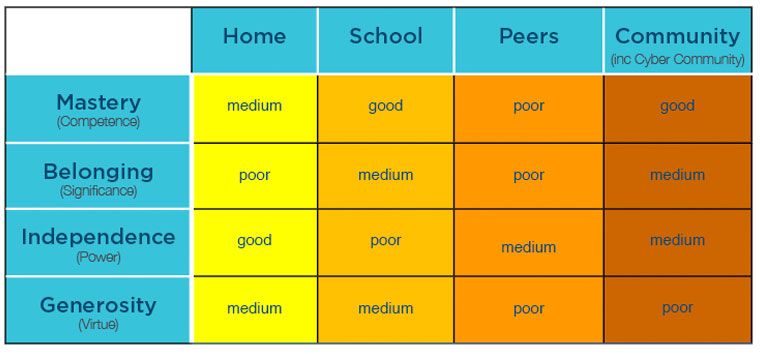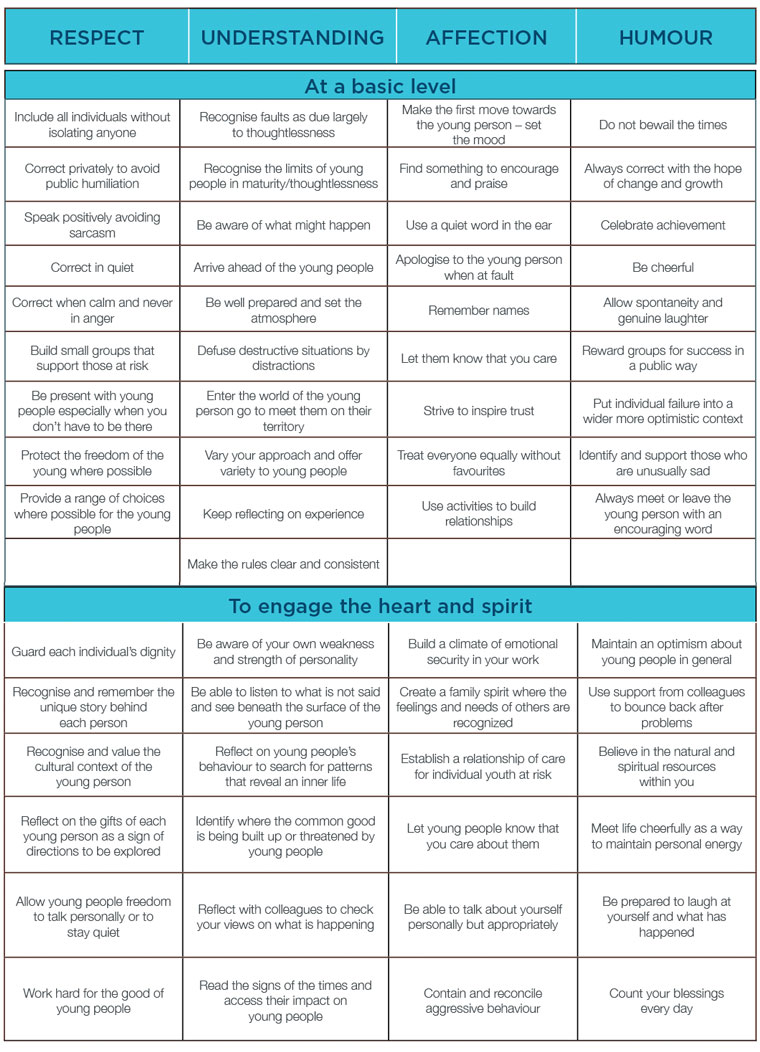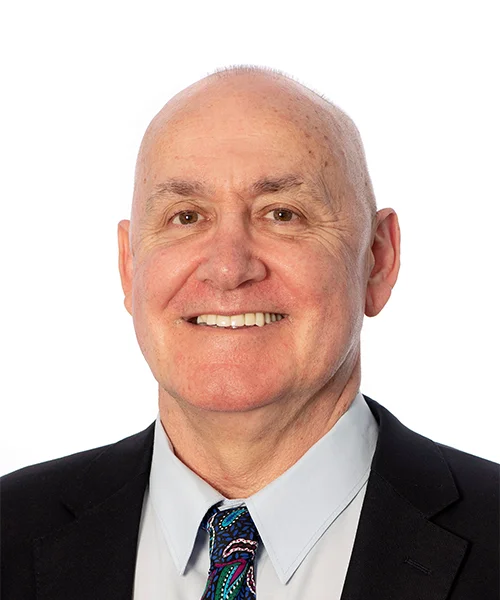Our program is informed on a theoretical level, by the ‘Preventive’ approach of Don Bosco, and the ‘Circle of Courage’ approach of US psychologist Larry Brendtro.
These are summarised in the table and diagram following. Importantly, both these approaches begin with the belief that all young people can change for the better and promote an atmosphere of tolerance, acceptance, forgiveness and change. Too often, young people are incorrectly labelled as ‘bad’ kids. Yet, when treated with positive care and placed in the right environment, they flourish. The Dunlea Centre program is founded on eight planks. These planks are:
- Presence: While young people are participating in the program, there is always a staff member present, participating in program activities, role modelling appropriate behaviour, relating and building rapport, directing, teaching and, most importantly, listening. Abilities, skills and needs are recognised in an accepting and non judgemental environment.
- Preventive: The preventive approach is founded on the belief that all young people can change. This means working with young people in a way that is gentle, patient, kind and forgiving and which values the skills of listening, relating and directing. Under this system, we avoid harsh punishments and instead stand beside young people and encourage them, have empathy with them and help them to grow.
- Plan: Staff, young people and their families work on agreed goals and from individual education plans that are developed through initial assessment meetings, case plan meetings and reviews. Strength cards are an important tool at these meetings, to ensure that there is still a focus on what a young person does well and how they can use their strengths to achieve their goals, rather than simply focus on what needs to change.
- Professional: Staff work in multi-disciplinary teams covering the therapeutic, educational and welfare domains.
- Positive: A positive behaviour management model encourages appropriate behaviour, outlines a set of clear behavioural expectations and responsibilities and respectfully but firmly addresses inappropriate behaviour. This is designed to help the young person become aware of, and responsible for, their own choices.
- Personal: The Dunlea Centre model focuses on individual needs and the goals of each young person’s placement are unique to them. Young people voluntarily apply for placement at Dunlea Centre and individual plans are then formulated which target their specific needs.
- Parental Involvement: The Dunlea Centre program identifies, promotes and facilitates the development of whole-family strengths, including the parents’ skills and relationship with the young person. Parent/carer involvement is an essential part of the program because it ensures that changes made extend to the home and, therefore, that they are more sustainable. Parents participate in fortnightly counselling, quarterly case plans, re-entry meetings as required and family night celebrations at the end of each school term.
- Play: It is critical that young people get a chance to relax and have fun during their time at Dunlea Centre and staff provide a range of recreational, sporting and leisure activities to fulfil this need. Through these activities, young people also develop important social and team work skills, communication skills, and develop a sense of mastery through learning new things and developing new skills.
Critical to the model is to operate in the ecological environment of the young person; his or her home, school environments, peers and community.
A young person must be situated and understood in all of these contexts to work with them effectively and to achieve sustainable results. Program staff, for example, ensure that young people maintain links with their local community, continue to work on their goals at home, are supported in their transition back to mainstream (or other) education, and are able to establish and function well in their peer group. The multi- disciplinary approach offered allows access to more aspects of the young person ecology than a purely educational, welfare or accommodation support service can do alone. It is, thus, a truly wraparound model of service delivery.
The ultimate goal is for the 8 planks and the day to day elements of the program to work together to develop in young people a sense of mastery (competence), belonging (a sense of significance), independence (a sense of personal power) and generosity (a feeling of virtue).
A young person with a strong sense of these elements is likely to do well in society. By applying the ecological ‘whole of life’ view to a young person’s experience of these four domains, a matrix can be developed as follows (Table 1).This matrix can guide the identification of needs, goals and areas to work on. It is useful because it offers a broad and multifaceted view of change, with workers supporting young people to make real change and progress across each of the four domains, in each of the four central spheres of their life.
Importantly, Dunlea Centre values a ‘strengths’ rather than ‘deficits’ focussed approach, meaning within each of these domains there is a focus on what is working, no matter how small it may be. The program then supports individuals and families to build upwards and outwards from those points.
Table 1. The Ecological View Across the Four Domains





